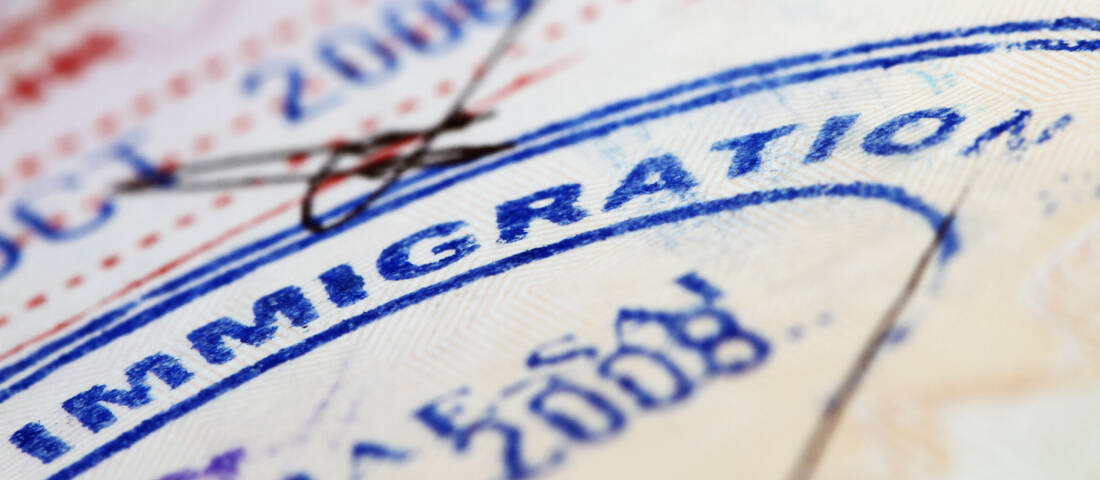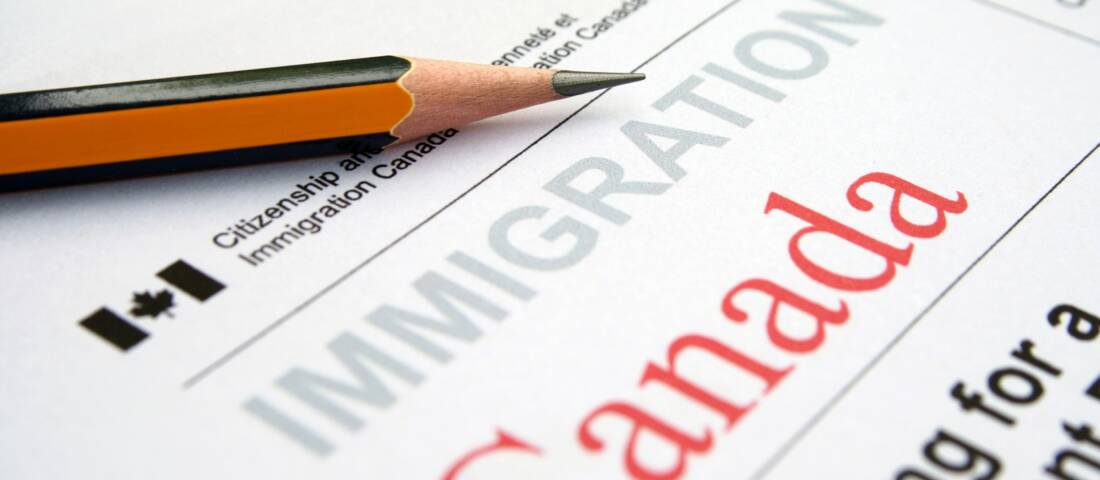Immigration Canada (IRCC) is using incomplete and incorrect data when denying hundreds of immigration applications each year, says a new report by Global News. Part of Canada’s immigration act tries to ensure immigration applicants to Canada do not cause “excessive demand” on publicly funded health and social service programs. According to the report:
In 2017, Immigration Canada set the limit for “excessive demand” at $6,655, the average annual health and social service spending per Canadian in 2016. If the costs of caring for a person’s condition are higher than this figure the applicant and all family members are denied permanent residency.
Documents Global News reviewed via a freedom of information request indicate the number of applicants Immigration Canada denies admission due to excessive demand and medical inadmissibility guidelines is between 900 and 1,000 each year, including 200 to 300 cases related to “special education needs.” Those denied admission due to "excessive demand" exceeded Immigration Canada's average individual health and social services usage guideline of $6,655 annually; while Global News' investigation indicates that Canadian's average annual services usage is, in fact, $7,404 - a discrepancy of almost 15%.
"Our clients rely on Canada's immigration system to be fair and transparent. Managing costs is an important factor the government considers when assessing immigration applicants," says Calgary immigration lawyer Evelyn Ackah. "The government must know these costs when setting admissibility guidelines, and be clear and accurate when denying applications. Especially when families and children are involved, it's vital that the correct information is given to the immigration officers who are evaluating the case."
According to Canada’s Immigration Minister, Ahmed Hussen, no one is ever automatically denied permanent residency based on the fact they have a disability.
Canada is a friendly, welcoming country but does have policies that allow it to effectively deny admission for those who have certain medical or financial needs. If you are refused entry to Canada because of some of those reasons, there may still be ways to enter the country. Immigration law is becoming more complex and challenging every day. Immigration applications can be refused due to minor oversights and omissions that can delay or negatively impact your family reunifications plans. By not using an immigration lawyer you can be putting your family at risk. Hiring an immigration lawyer rather than attempting to navigate the Canadian immigration system on your own can save you time and money.
"If it was easy to move to Canada, I would not have a job," says immigration lawyer Evelyn Ackah. "You would not need an immigration lawyer to go through the forms and the process and the interviews and the prepping and all of that if it was easy. It is actually a lot of work and years and years of effort and really expensive."








